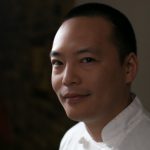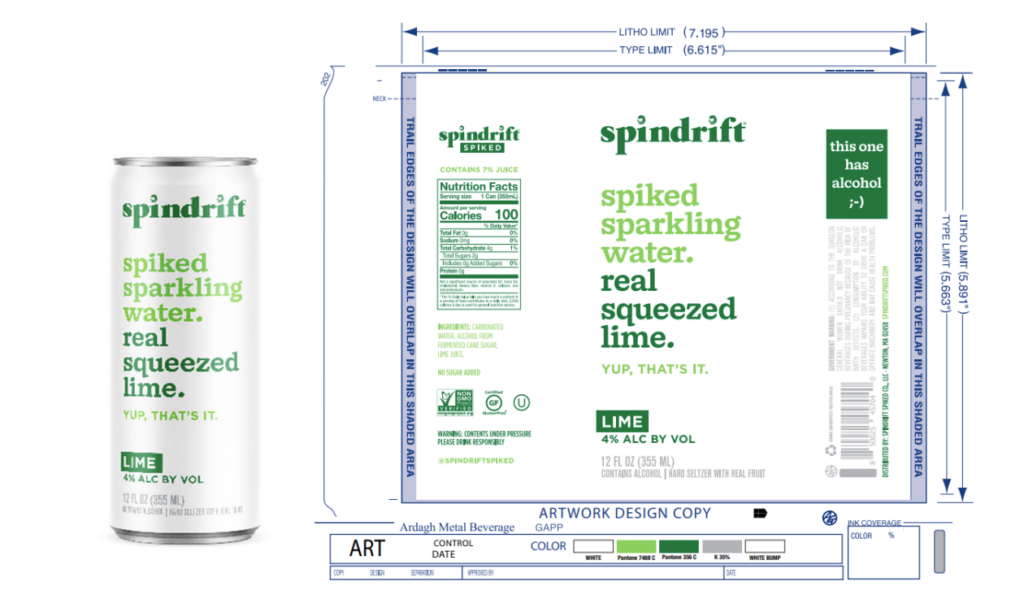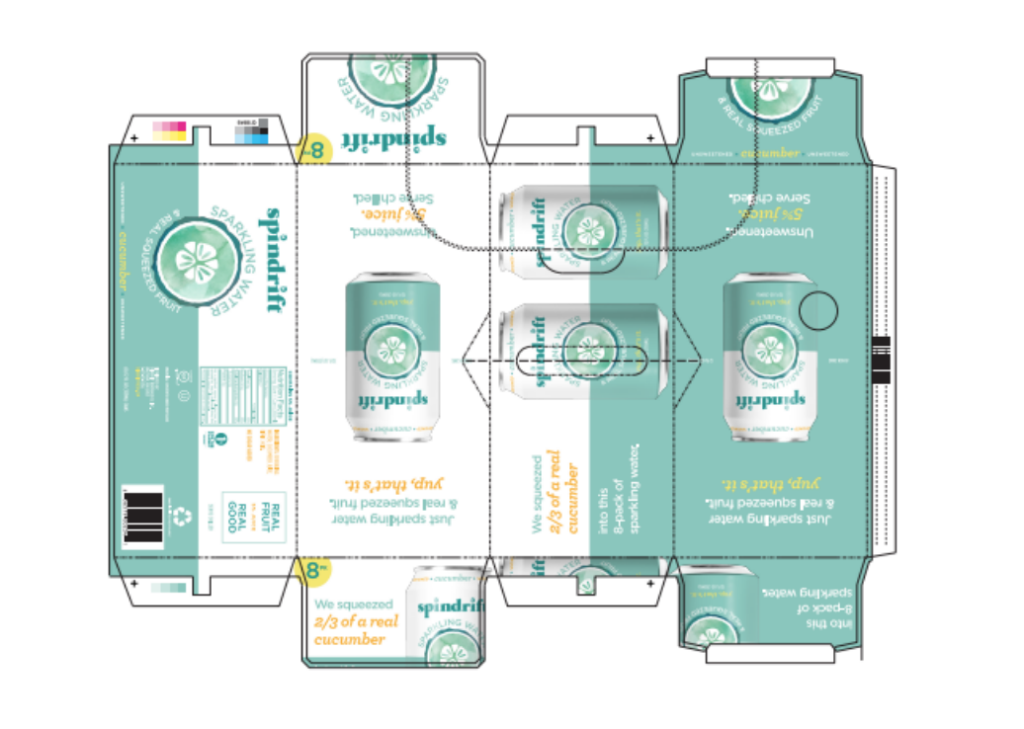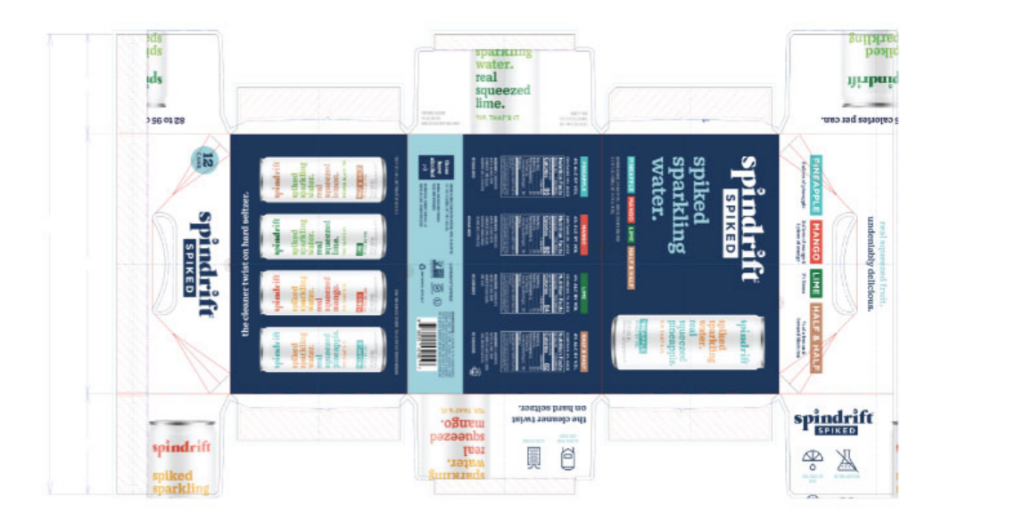Chicago-Kent’s Center for Design, Law & Technology (cDELTA or c∆) promotes research, scholarship, and instruction at the intersection of creativity, technology, design, and the law. Founded in 2018 by Professors Graeme Dinwoodie and Edward Lee, c∆ is the first U.S. institution devoted to research of design, design law protection, and technology.
Latest Updates
Chicago-Kent College of Law and Loyola University Chicago School of Law jointly sponsor and host the Chicago Intellectual Property Colloquium. Each year during the spring semester, Chicago-Kent and Loyola invite six nationally-renowned intellectual property scholars to Chicago to discuss their current research projects before intellectual property faculty from Chicago-area law schools and students from Chicago-Kent and Loyola. The topics typically provide students with exposure to a broad range of IP topics, both domestic and international and both theoretical and empirical.
Jan. 23, 2024: Jason Reinecke, Marquette University Law School, Our More-than-Twenty-Year Patent Term
Feb. 6, 2024: Amanda Levendowski, Georgetown Law Center, Open Source Perfume
Feb. 20, 2024: Mark D. Janis, Indiana University Maurer School of Law, Design Patent Infringement as Unfair Competition
Mar. 19, 2024: Cathay Smith, University of Montana Blewett School of Law, Rewriting History: Copyright, Free Speech, & Reimagining Classic Works
Apr. 2, 2024: Oren Bracha, The University of Texas School of Law, The Work of Copyright in the Age of Machine Production
Apr. 16, 2024: Sonia Katyal, Berkeley Law School, Indigenous Misdescription
The Copyright Office Review Board affirmed the rejection of designs for Spindrift Spiked Sparkling Water cans. The designs lacked the minimal level of creativity, according to the Board, both in their individual elements and the combination of elements.
Interestingly, Spindrift argued that the Copyright Office had already registered its similar designs:
The Board distinguished these designs as having more elements. The first one above had more short phrases: “We squeezed 2/3 of a real cucumber into this 8-pack of sparkling water[;]” “Just sparkling water & real squeezed fruit. yup, that’s it[;]” and “Unsweetened. 5% juice. Serve chilled.” Likewise, the Board found the second design had more individual elements: “, only the specific combination of textual, pictorial, and graphic elements found on the 12-pack design is sufficiently creative. By contrast, the combination of elements in each of the Works includes fewer short phrases and colors.”
The Federal Circuit, sitting en banc, heard oral argument in LKQ v. GM. The case presents the question “Does KSR International Co. v. Teleflex Inc., 550 U.S. 398 (2007), overrule or abrogate In re Rosen, 673 F.2d 388 (CCPA 1982), and Durling v. Spectrum Furniture Co., Inc., 101 F.3d 100 (Fed. Cir. 1996)?”
Mark Lemley, representing LKQ v. GM, argued that the CAFC should overrule its prior case Rosen-Durling, which provides a fairly narrow test of obviousness for design patents based on references. That approach is at odds with the Supreme Court’s approach to obviousness (for utility patents) in KSR. GM argued for maintaining the Rosen-Durling test. The SG’s Office argued for something in between. You can find the briefs here.
Link to audio of oral argument.
https://www.youtube.com/live/FqMY7tcJtI8?si=WAv-VsoLP6gqUEuD
Latest Events

Date: Feb 11, 2019
Timing: 12:00 pm to 1:00 pm
Speakers : Edward Kim
Venue : Morris Hall (10th Floor)
Date: Mar 11, 2019
Timing: 12:00 pm to 1:00 pm
Tickets: $free
Venue : Morris Hall (10th Floor)




